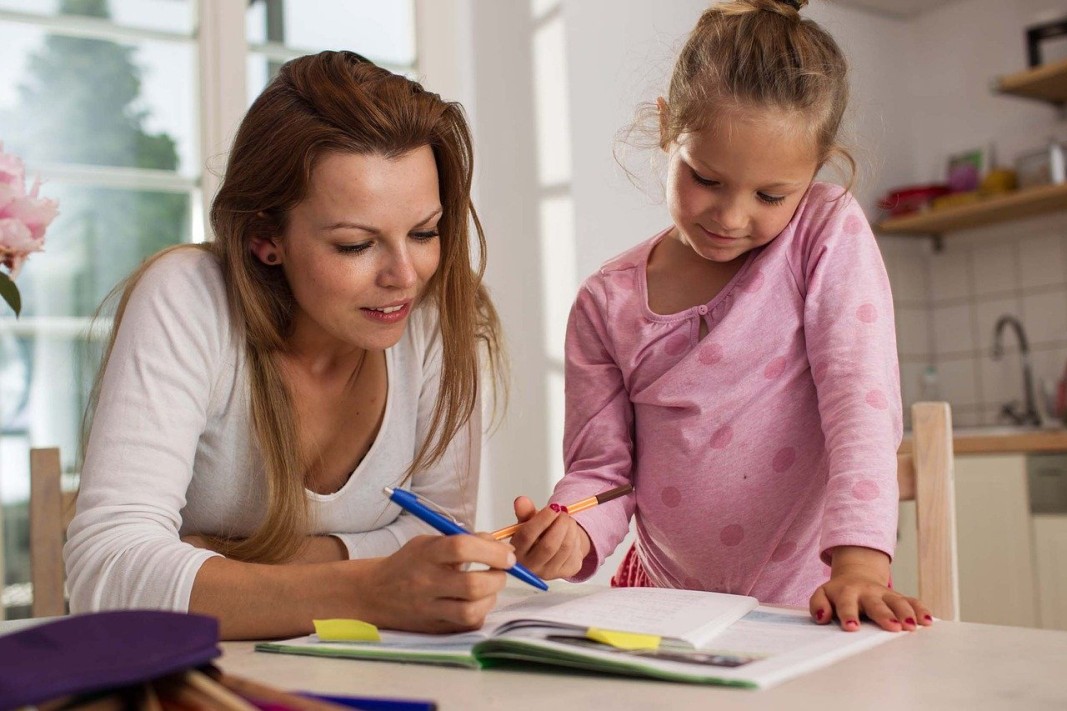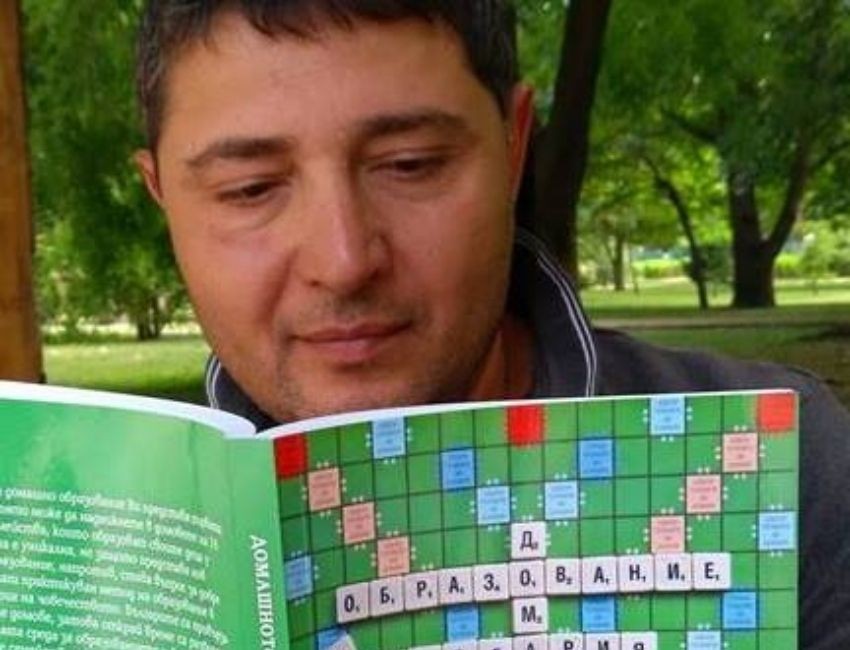Traditionally in Bulgaria, students return to school on September 15th. Following the announcement of the Covid-19 pandemic in March and the subsequent distance learning measures, this will be the first contact of children and youngsters with their classrooms and classmates after months of studying from home.
The unexpected crisis that has affected us all now imposes common rules for observing physical distance, disinfection and discipline in Bulgarian schools as well. For a long time, parents and teachers wondered if the new 2020-2021 school year would start remotely - with teaching and learning in the virtual classroom. The most disappointed would be the first-graders who have been looking forward to crossing the school threshold for the first time. This year Bulgarian schools will welcome 59 thousand children in the first grade.
 "I expect this to be a difficult school year which will be unpredictable due to the situation with the coronavirus, but our main goal is to ensure physical attendance and training for all students in the country," said Bulgaria’s Education Minister Krasimir Valchev on the eve of the first day of school.
"I expect this to be a difficult school year which will be unpredictable due to the situation with the coronavirus, but our main goal is to ensure physical attendance and training for all students in the country," said Bulgaria’s Education Minister Krasimir Valchev on the eve of the first day of school.
The ministry has developed plans for switching to e-learning in the event of a worsening epidemic situation. This puts an end to the so-called “flu vacations” in Bulgaria, which were an annual practice until now.
There is a very small number of parents who, for health reasons or because of concerns about the contagion, have chosen to leave their children to study at home. These are no more than 200-300 families for the whole of Bulgaria, according to the data of the Ministry of Education.
 On the other hand, hundreds of Bulgarian families, driven not by fear but rather by the desire to provide a good learning environment for their children, choose the form of home schooling. And it is different from distance learning, known to us as part of the measures for social isolation of students, amidst the Covid-19 pandemic. In fact, it is the parents who play a major role in home schooling. They choose the curriculum and the way to present the lessons to the child.
On the other hand, hundreds of Bulgarian families, driven not by fear but rather by the desire to provide a good learning environment for their children, choose the form of home schooling. And it is different from distance learning, known to us as part of the measures for social isolation of students, amidst the Covid-19 pandemic. In fact, it is the parents who play a major role in home schooling. They choose the curriculum and the way to present the lessons to the child.
In the view of Petar Porumbachanov, chairman of the Bulgarian Homeschooling Association and father of four children, this is not an easy task because the parents themselves also have to constantly study and read in order to understand the whole learning process.

"Distance learning, which has now become popular, could give good results, but only if parents realize their own role in it. We are used to someone else doing the work of educating our children. Taking responsibility means being extremely committed to the whole educational process. The most important thing is for parents to set clear goals at the various stages of education in order to follow them. If we don't have a goal, we don't know where we're actually going. "
The number of Bulgarian families who educate their children at home is nearly 1,500 and because this form is chosen mainly by large families, this means that there are about 3 thousand home-schooled students in this country, says Petar Porumbachanov:
"The community is constantly growing and I must admit that I did not expect such an increase in interest in this type of education, especially in recent years. Homeschooling has existed throughout history, it is just a type of private education. From a historical point of view, the state centralized training is what’s new. As a historian, I have studied the roots of education - the methods and ways in which Bulgarians have been educated since the founding of the state. I feel encouraged by everything I have studied on home education from a historical perspective. ”
English version Rossitsa Petcova
Photos: BTA, Pixabay, Facebook /Petar Porumbachanov
The usurpation of cultural heritage is one of the many inevitable consequences of any military conflict, both historically and today. Until the end of the war in Ukraine, it is impossible to adequately analyse the extent of the damage caused to the..
Athens plans to modernise the Greek army by 2030 Greece's Defence Minister Nikos Dendias presented the plan for changes in the army to the parties in parliament. The reforms will cover all three branches of the military. By 2030, 33 units..
A short video kaleidoscope of the "untold stories" of worthy Bulgarians - scientists, entrepreneurs, engineers, artists - who have contributed to our country's good image in the eyes of the world opened an unconventional public forum that showcased the..
Nuredin Nuredinaj comes from the historical-geographical region of Gòra in Northeastern Albania, where 90% of the inhabitants identify themselves as..

+359 2 9336 661
